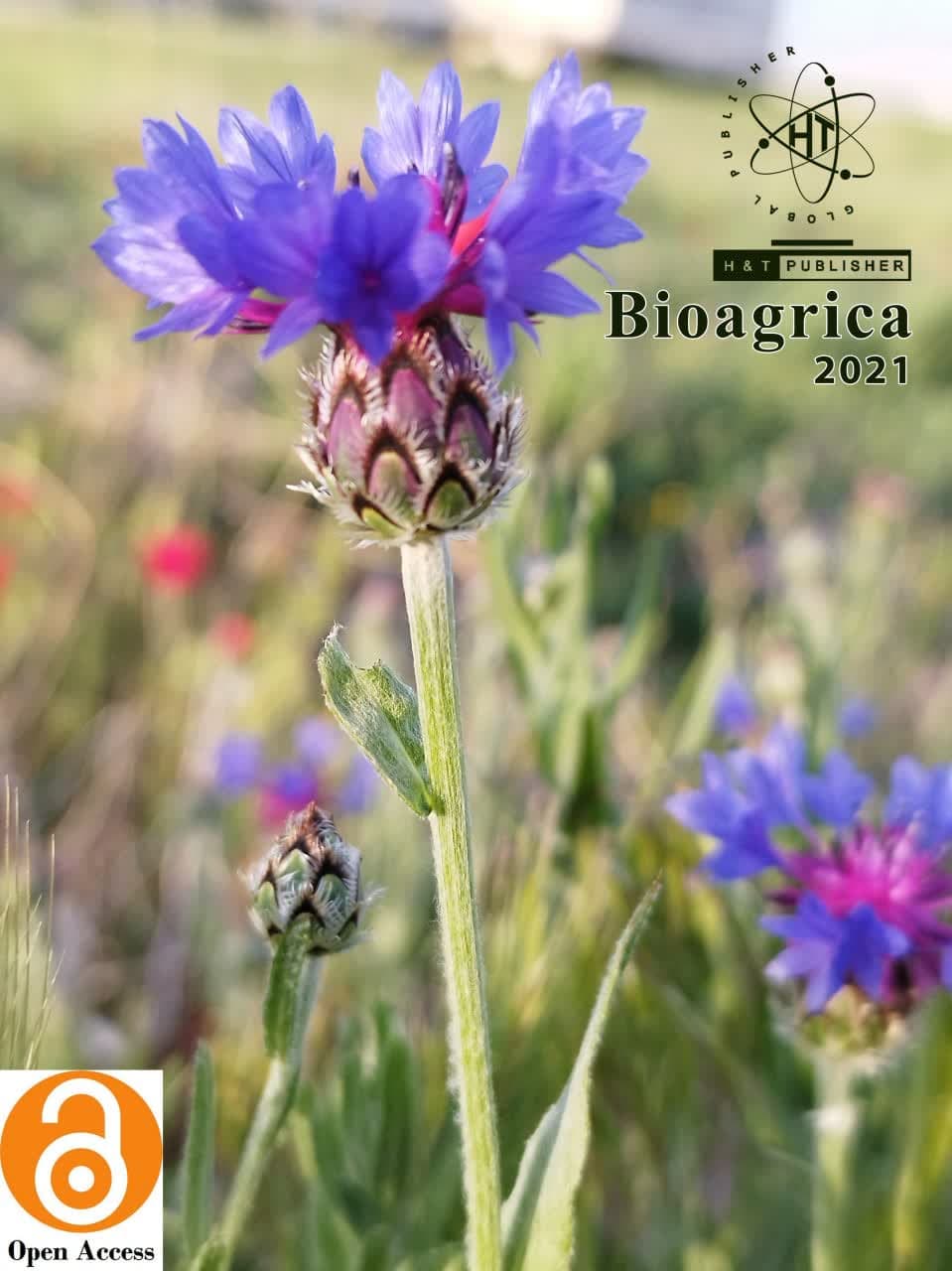
Soil pollution with heavy metals is one of the main environmental problems. This study aimed to investigate the effect of vermicompost and bentonite modified with surfactant for cadmium availability in silt-loam soil. Experimental treatments included the application of 0.15 and 30 mg/ha of vermicompost, compost-contaminated soil in the amounts of 0, 5, 10, and 15 mg Cd/kg soil and the application of surfactant modified bentonite clay in the amount of 0 and 30 g of soil. The plant used in this experiment was corn. After 60 days, Cd concentration in the corn was measured. The results of this study showed that the application of 30 g/kg of surfactant-modified clay and 30 t/ha of vermicompost had an effective role in reducing the amount absorbed by the soil, although the use of clay has been able to further reduce Cd that the plant absorbs. The overall results of this study indicate that in the long run, the decomposition of organic compounds may cause the re-entry of heavy metals into the soil. Still, the use of natural soil clays can help reduce the toxic effects of heavy metals on the plant.